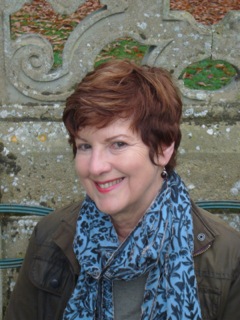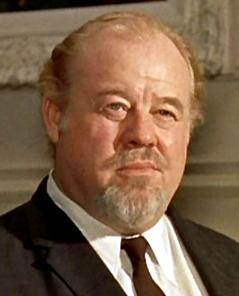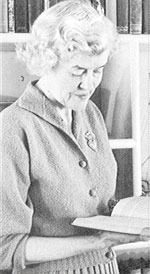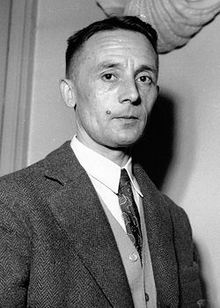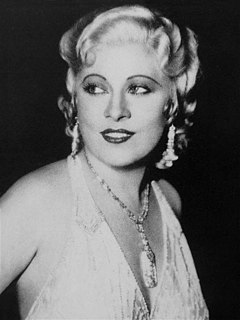A Quote by Gretel Ehrlich
June marked the end of spring on California's central coast and the beginning of five months of dormancy that often erupted in fire. Mustard's yellow robes had long since turned red, then brown. Fog and sun mixed to create haze. The land had rusted. The mountains, once blue-hued with young oaks and blooming ceanosis, were tan and gray. I walked across the fallen blossoms of five yucca plants: only the bare poles of their stems remained to mark where their lights had shone the way.
Quote Topics
Across
Bare
Beginning
Blooming
Blossoms
Blue
Brown
California
Central
Coast
Create
End
Fallen
Fire
Five
Fog
Gray
Had
Haze
June
Land
Lights
Long
Mark
Marked
Mixed
Months
Mountains
Mustard
Oaks
Often
Once
Only
Plants
Poles
Red
Remained
Robes
Since
Spring
Stems
Sun
Tan
Then
Turned
Walked
Way
Were
Yellow
Young
Related Quotes
Colored lights shone right across the northern sky, leaping and flaring, spreading in rainbow hues from horizon to zenith: blood red to rose pink, saffron yellow to delicate primrose, pale green, aquamarine to darkest indigo. Great veils of color swathed the heavens, rising and falling as light seen through cascading curtains of water. Streamers shot out in great shifting beams as if God had put his thumb across the sun.
We walked on the beach, fed blue corn ships to the seagulls, and munched on blue jelly beans, blue saltwater taffy and all the other free samples my mom brought home from work. I guess I should explain the blue food. See, Gabe had once told my mom there was no such thing. They had this fight, which seemed like a really small thing at the time. But ever since, my mom went out of her way to eat blue. She baked blue birthday cakes. She mixed blueberry smoothies. She bought blue-corn tortilla chips and brought home blue candy from the shop.
He lowered the window, and looked out at the rising sun. There was a ridge of ploughed land, with a plough upon it where it had been left last night when the horses were unyoked; beyond, a quiet coppice-wood, in which many leaves of burning red and golden yellow still remained upon the trees. Though the earth was cold and wet, the sky was clear, and the sun rose bright, placid, and beautiful.
What a shame that Christianity had come here!If the white man had not intruded where he was not wanted, where he did not belong, even now protected by the mountains and the river,the village would have remained a last stronghold of a culture which was almost gone.Mark tried to say that no village,no culture can remain static. I have often thought that if this lively and magnificent land belongs to anyone,it's to the birds and the fish.They were here long before the first Indian and when the last man is gone from the Earth,it will be theirs again.
The spring rains woke the dormant tillers, and bright green shoots sprang from the moist earth and rose like sleepers stretching after a long nap. As spring gave way to summer, the bright green stalks darkened, became tan, turned golden brown. The days grew long and hot. Thick towers of swirling black clouds brought rain, and the brown stems glistened in the perpetual twilight that dwelled beneath the canopy. The wheat rose and the ripening heads bent in the prairie wind, a rippling curtain, an endless, undulating sea that stretched to the horizon.
One knew, of course, that it was not the red cape any more than it was the boots, the tights, the trunks, or the trademark "S" that gave Superman the ability to fly. That ability derived from the effects of the rays of our yellow sun on Superman's alien anatomy, which had evolved under the red sun of Krypton. And yet you had only to tie a towel around your shoulders to feel the strange vibratory pulse of flight stirring in the red sun of your heart.
When I was about five my dad built a stage for me in our basement. A full stage, with a curtain, a backdrop and a dressing room. There were three colored spotlights - a red one, a white one, and a blue one. Blue was for nighttime scenes, and red was for when we were in hell. If the neighborhood kids wanted to use the stage, they had to incorporate me into the play.
Blood had long since ceased to beat from one end to the other, but one could sense, from passages marked with fresher traces of wheels and hooves, that once the meaning and even the very idea of a long journey was lost, sleep had not descended over it in one fell swoop: it had continued to steal a march here and there, in a discontinuous way, and over short distances, like a laborer who feels his cart jolt on a section of Roman road that crosses his field.
The morning woods were utterly new. A strong yellow light pooled beneath the trees; my shadow appeared and vanished on the path, since a third of the trees I walked under were still bare, a third spread a luminous haze wherever they grew, and another third blocked the sun with new, whole leaves. The snakes were out - I saw a bright, smashed one on the path - and the butterflies were vaulting and furling about; the phlox was at its peak, and even the evergreens looked greener, newly created and washed.
Do you see the Field of Mars, where I walked next to my bride in her white wedding dress, with red sandals in her hands, when we were kids?” “I see it well.” “We spent all our days afraid it was too good to be true, Tatiana,” said Alexander. “We were always afraid all we had was a borrowed five minutes from now.” Her hands went on his face. “That’s all any of us ever has, my love,” she said. “And it all flies by.” “Yes,” he said, looking at her, at the desert, covered coral and yellow with golden eye and globe mallow. “But what a five minutes it’s been.
Too many Broadway actors in motion pictures lost their grip on success--had a feeling that none of it had ever happened on that sun-drenched coast, that the coast itself did not exist, there was no California. It had dropped away like a hasty dream and nothing could ever have been like the things they thought they remembered.
I had heard the old Indian legend about the red fern. How a little Indian boy and girl were lost in a blizzard and had frozen to death. In the spring, when they were found, a beautiful red fern had grown up between their two bodies. The story went on to say that only an angel could plant the seeds of a red fern, and that they never died; where one grew, that spot was sacred.
... He went under the stars, and the tender light of the moon, when it hung like an eyelash and the tree trunks shone like bones. He walked through wind and weather, and beneath sun-bleached skies. It seemed to Harold that he had been waiting all his life to walk. He no longer knew how far he had come, but only that he was going forward. The pale Cotswold stone became the red brick of Warwickshire, and the land flattened into middle England. Harold reached his hand to his mouth to brush away a fly, and felt a beard growing in thick tufts. Queenie would live. He knew it.

